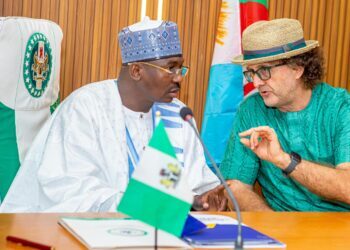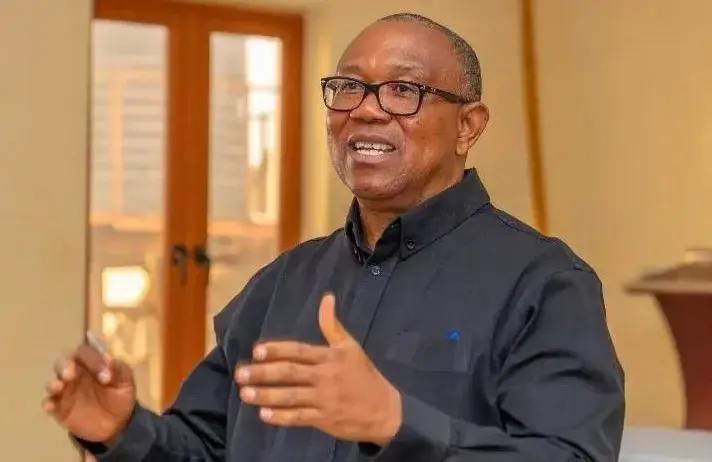Some residents of the Federal Capital Territory (FCT) say that the current economic challenges have made saving money for future use almost impossible.
The residents, who spoke in separate interviews with the News Agency of Nigeria (NAN) on Sunday in Abuja, said that family essential needs coupled with high cost of purchase outweighed their wages.
Some respondents decried the situation, saying not much was left in their purses after the yuletide, while others said that they managed and saved a little in case of emergencies.
Mrs Precious Okere, a resident of Karu, said that the past two years had been so hard that she spent all future savings on food and other basic necessities.
“After paying rent, light bills, foodstuff and others, almost nothing is left because the prices of goods and services have greatly increased with almost 300 percent.
“Transportation cost is even the worst; then there are school fees for the children too.
“The situation has made it extremely difficult for a lot of us to save especially to meet up with needs at the beginning of the year after Christmas.
“Money doesn’t seem to be enough anymore because, just after you solve one issue, another is waiting; it is a terrible situation,” she said.
Okere noted that a lot of people, including herself, had resolved to cutting their costs to save the long list of unnecessary needs.
She, however, said while she and her family had adjusted on spending, savings was still relevant and key to solving unexpected situations.
Mr Bright Samuel, a teacher, said that he had not been able to save in the last one year because his take home pay was not enough to feed him and save at the same time.
He said that the rate at which the economy kept getting inflated was not encouraging enough for those with little or no source of income to manage.
“Things are really expensive now; everything is on the high side.
“Some can hardly eat three times a day, others don’t even have a source of income and those with it are complaining it is not enough.
“Inflation is on the rise and economic development is moving slowly; it is tiring.
“Although, I advise people to save if they have enough or get the opportunity and if not, make do with what you have and live life one step at a time,” Samuel said.
Mrs Joy Bayo, a public servant, said that she still found the means to save up for the rainy day.
According to her, it has become imperative for government workers to find other genuine businesses to support their income.
This, she explained, would help support their wages at the end of the month and sustain their family needs.
She said that although, what she made from her side business was not much, it covered some debts and allowed her participate in monthly contributions.
“Although, I don’t save as much as in the previous years, I still get to do some contributions that allowed me pay off small debts and also contribute for foodstuff.
“I do this mostly because of my children so that when they want to get things for school, I can assist my husband.
“We need to support each other in times like this,” She said.
Similarly, Mr Musa Makama, a photographer, said that he had to develop the habit of saving, alongside his wife, who is a civil servant, in order to meet up the demands of his family.
He explained that the money was usually saved to pay the house rent and the children school fees.
Makama added that costs for traveling and other luxuries, were not included in his savings.
“I used to spend money so much on clothes and shoes but at the moment I have to adjust because of increasing bills I have to pay.
“Any job I get, I calculate, save the profits away from the capital and spend the extra on what is essentially needed at home.
“I set a target for the year which I try to meet; this makes me limit excess spending and my wife contributes some percentage from her salary to the savings too.
“We have gradually adjusted to living within our means which is another way of saving and cutting costs,” Makama said. (NAN)











